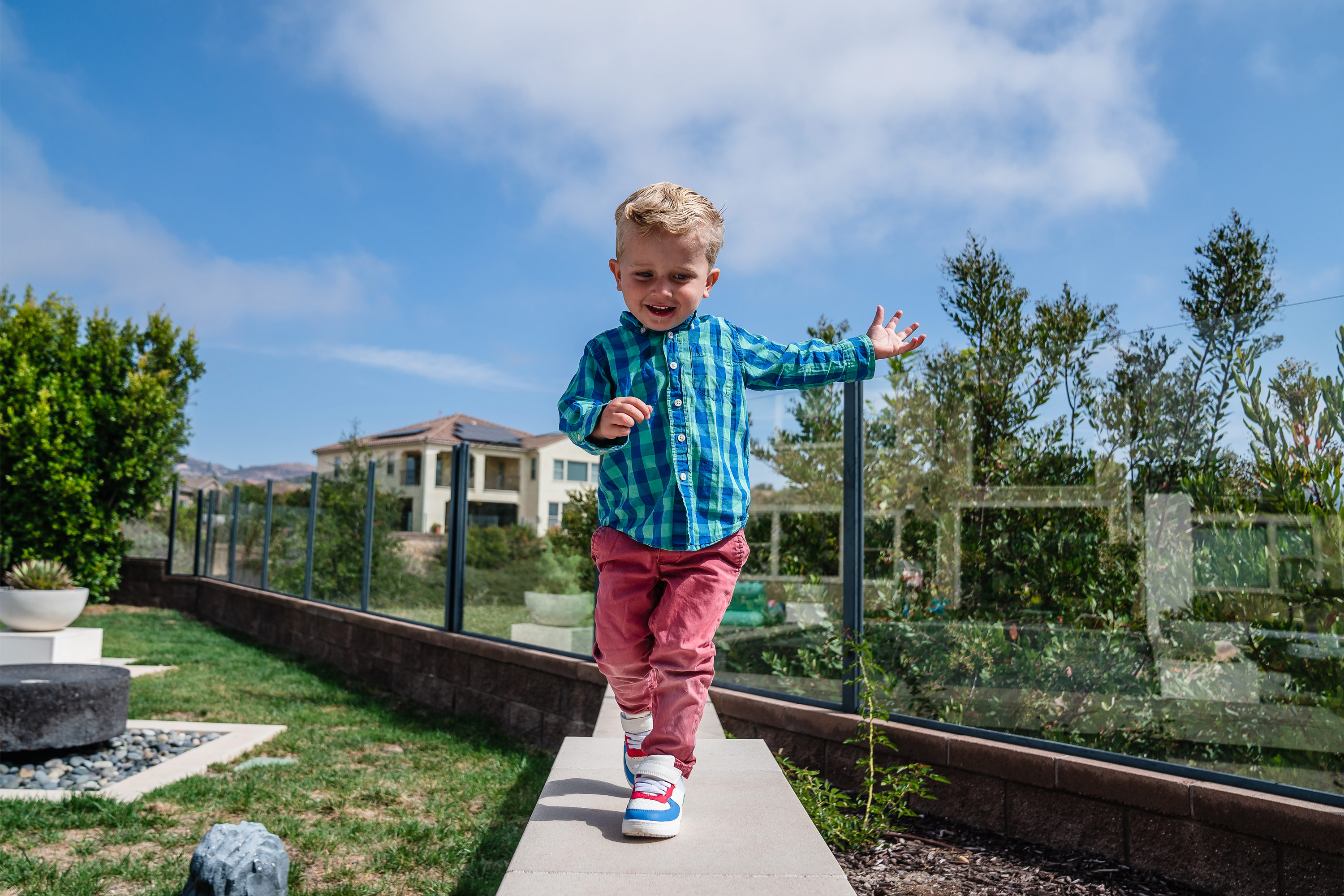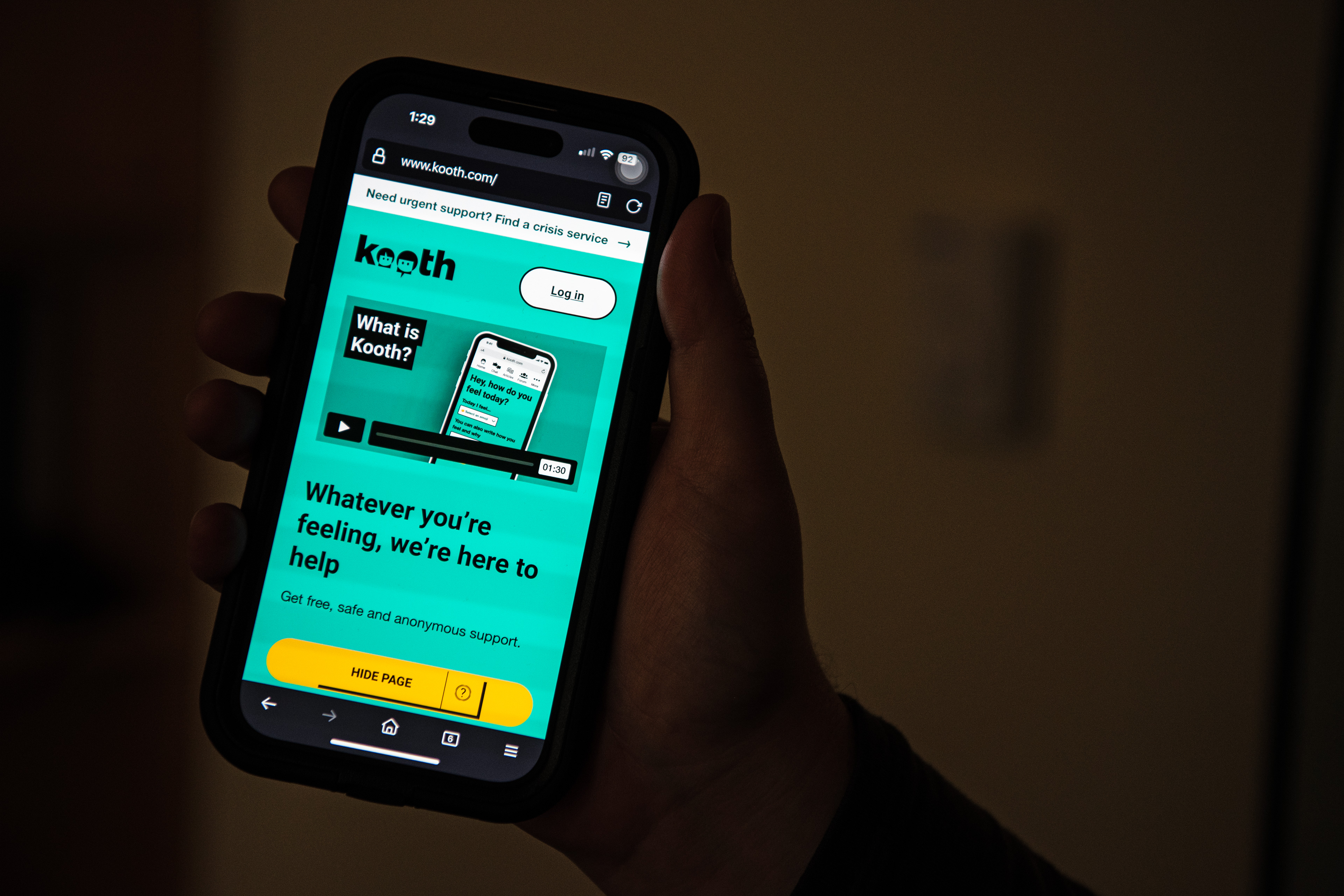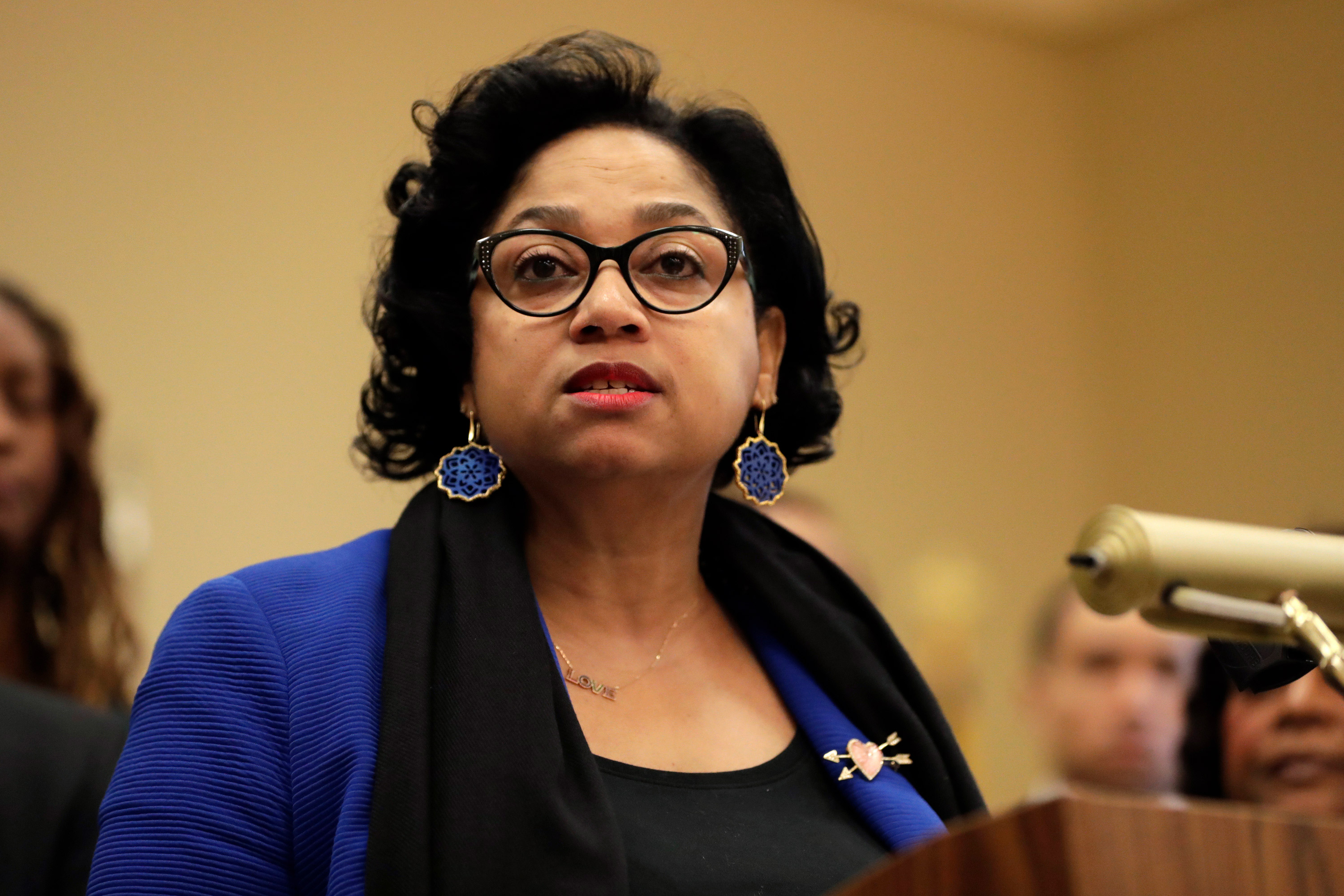Black Women and Domestic Violence
Black women have the most significant risk of experiencing domestic violence. According to the National Coalition Against Domestic Violence, approximately 45% of Black women have experienced stalking and physical or sexual violence in their lifetimes. To make things even worse, according to a study published in The Lancet, Black women are also six times more likely to be killed than white women.
The National Domestic Hotline defines domestic violence as a pattern of behavior in any relationship that is used to gain or maintain power and control over an intimate partner. Contrary to popular belief, domestic violence includes physical, emotional, economic, sexual, or psychological actions or threats.
Teens and Domestic Violence
Unfortunately, adolescents are not exempt from domestic violence either. Domestic violence among Black teens remains a serious issue, with alarming statistics shedding light on the severity of the problem. According to the Childhood Dometic Violence Association, Black teens experience domestic violence at twice the rate of their white peers.
Additionally, a report from UN Women revealed that almost one in four adolescent girls aged 15 to 19 has experienced physical and or sexual violence from an intimate partner. This represents 24% of teen girls globally. This further emphasizes the need to address domestic violence in our community, where the rates are even more pronounced.
Black Men and Domestic Violence
Black males also experience intimate partner violence at high rates. As reported by The Center for Sexual Assault Survivors, 40.01% of Black men have experienced physical violence, sexual violence, or stalking from their intimate partner. Domestic Violence.
Break-Ups to Make-Ups
Although many Black women leave or attempt to leave a violent relationship, many find it harder to separate themselves from a battering relationship truly. Factors such as economics and social issues can work against a person trying to escape a dangerous situation.
Economic barriers often include financial dependence on the abuser, lack of access to resources, and a fear of economic instability. Many Black women may not have the financial means to support themselves and their children independently, making it difficult to leave an abusive partner. Additionally, systemic issues such as wage gaps and employment discrimination can further intensify these challenges for women in our community.
Social barriers can encompass cultural expectations and societal pressures that may discourage someone from leaving a relationship. Black women can face stigma and judgment for breaking up their families or not adhering to the traditional ideals surrounding relationships. Then, there are psychological barriers, such as fear of retaliation, emotional attachment to the abuser, and hope for change. Many of the women in our community may fear that leaving will result in increased violence or harm to themselves or their children. Emotional manipulation and psychological abuse can create a sense of dependency and confusion, making it even more difficult for victims to recognize the severity of their situation.
Inner and Outer Wounds
Domestic violence accounts for hundreds of thousands of emergency department visits annually, and along with outer wounds, domestic violence can be just as damaging internally. According to the American Psychological Association (APA), exposure to intimate partner violence significantly increases the risk of developing mental health conditions such as depression, anxiety, and post-traumatic stress disorder (PTSD).
Signs of Abuse
Recognizing the signs of domestic violence can be the difference between life and death. According to the Mayo Clinic, some signs include:
- Extreme jealousy or possessiveness: Your partner constantly checks your cell phone or shows extreme jealousy.
- Mood swings: Your partner has unpredictable mood swings or makes false accusations.
- Isolation: Your partner isolates you from family or friends.
- Physical injuries: Unexplained bruises, cuts, or injuries.
- Control: Your partner controls your finances or personal choices.
Domestic violence can manifest in various forms, and it is essential to recognize the early warning signs. If your partner makes you feel scared, anxious, intimidated or tries to keep in constant contact with you and becomes angry if you are unresponsive, these are red flags. Emotional abuse, such as name-calling and insults, is also a common tactic used by abusers to exert control.
In a world where the voices of victims often go unheard, we must shine a light on the issue of domestic violence within our community. These statistics aren’t just numbers; they represent real lives, real pain, real struggles, and the very real possibility of lives lost to domestic violence. We must advocate for better support systems, more accessible resources, and a societal shift that no longer tolerates abuse in any form. Awareness is a significant first step, and as we continue this discussion, we hope it empowers everyone to support survivors and work towards a future where they can live without fear.


















 English (US) ·
English (US) ·